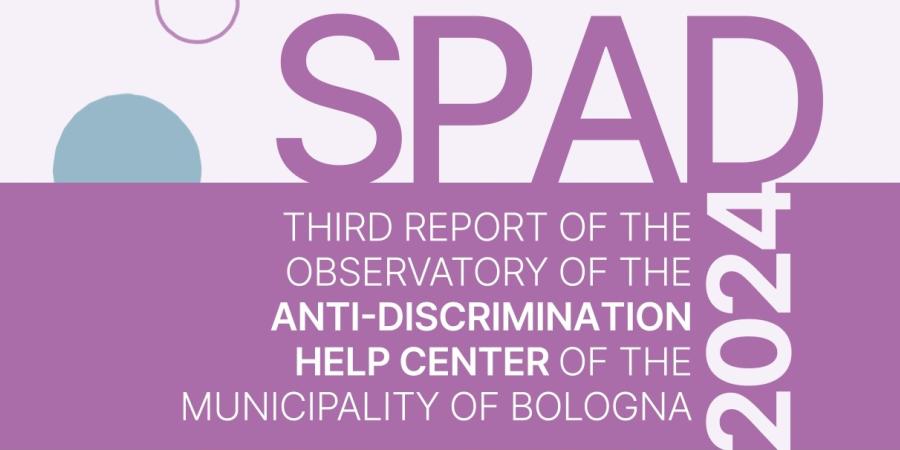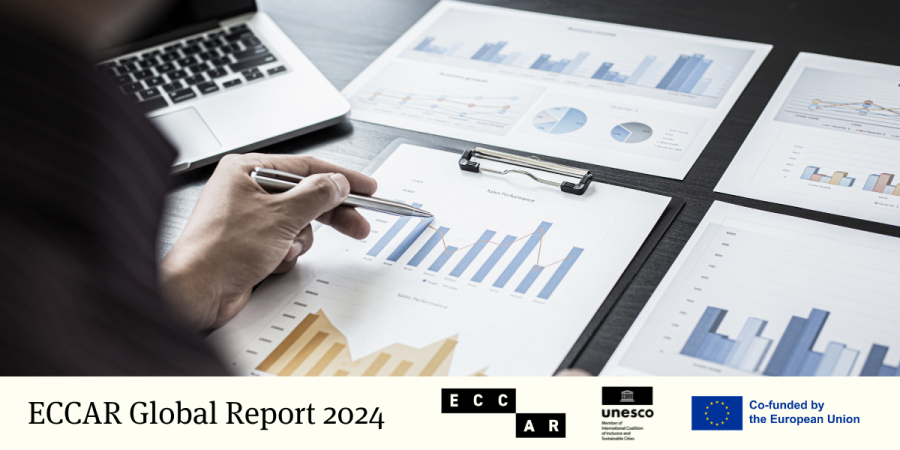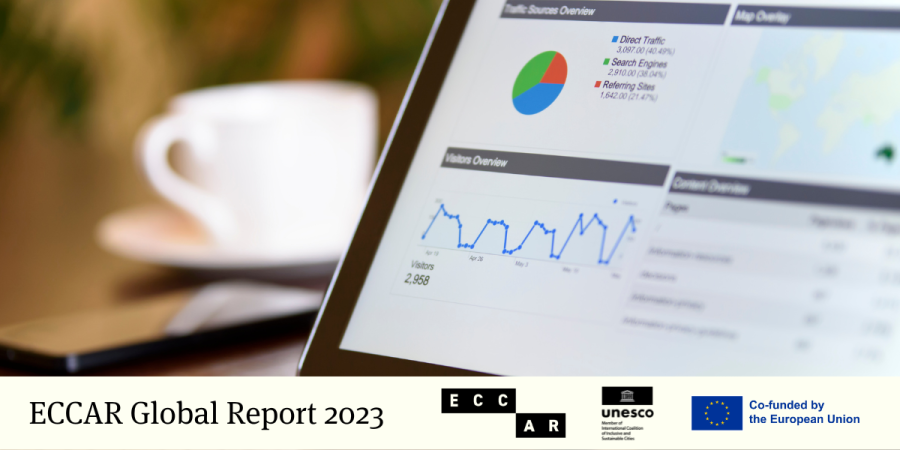
Online City Reporting is a crucial part of the ECCAR membership. Each member city has committed itself to report every two years about its local work in the field of antiracism and the implementation of the 10 Points Plan of Action. Online City Reporting combines accountability with a feedback mechanism so that the cities’ local work can be evaluated in line with ECCAR’s 10 Points Plan of Action, and they can receive official feedback and recognition from ECCAR’s Scientific Advisory Council (SAC), including representatives of UNESCO, to share good practices and to learn from other member cities. This strengthens the visibility of the city's commitment to the 10 Point Plan of Action. It also gives cities the opportunity to inform ECCAR of their key challenges and needs, ensuring that the needs of member cities are always at the centre of ECCAR's work. Last but not least, reporting on specific measures and initiatives is automatically linked to the application for the ECCAR Award, which is presented once a year based on the reports submitted.
Link to access the Online City Reporting Tool: onlinereporting.eccar.info
Don't have any login details yet? As ECCAR member city, you can request your individual login details by sending an email to reporting@eccar.info.
Structure of the Online City Reporting Tool
The Online City Reporting Tool is structured along a two level digital questionnaire. Level 1 asks for a general overview concerning the characteristics of the city and the structure of its work in the field of antiracism. Level 2 gives the opportunity to report in more detail about specific practices implemented by the city. All concrete measures described in Level 2 are automatically considered as part of the ECCAR Award.
Individual Feedback from the SAC
Once a city has submitted its report, the Scientific Advisory Council (SAC), including representatives of UNESCO, reviews it and provides official feedback including a general conclusion as well as individual feedback to the respective city. The individual feedback is an important resource to evaluate and improve the work of your city on the ground. For example, it can be used at a political level to inform the city council and the respective mayors about the implementation status of the 10 Points Plan of Action to highlight development potential. The feedback letter is sent by email to your city and is addressed to the political level, usually the mayor.
General Feedback from the SAC
The overall analysis of all reports handed in allows ECCAR as a coalition to see the bigger picture when it comes to current opportunities and challenges of local antiracism work in Europe. Based on the reporting results ECCAR develops needs-based formats to support its member cities in improving their local work and to strengthen the role of cities as motors for diversity on the ground. This enables ECCAR to align its work with the city's interests and needs. The general feedback is also included in the feedback letter to your city.
Background Online City Reporting Tool
Until 2022, member cities reported on their action programmes in a narrative form without having a uniform structure. This made it challenging to effectively analyse progress.
Our solution: In collaboration with the City of Barcelona, which holds the ECCAR Vice Presidency, with scientific support from the International Centre for the Promotion of Human Rights at the Local and Regional Levels under the auspices of UNESCO and the ECCAR Office, ECCAR started a special project to elaborate a new digital reporting tool.
At the centre of this project were the needs of the ECCAR member cities. Therefore, the City of Barcelona launched a specific Working Group to understand what kind of reporting would be helpful for cities. Based on the needs expressed by the ECCAR member cities, the City of Barcelona, the International Centre for the Promotion of Human Rights at the Local and Regional Levels under the auspices of UNESCO and the ECCAR office worked on a new digital reporting tool.
The aim of the new Online City Reporting Tool (OCRT) was to turn a simple online questionnaire into a user-friendly database system. This facilitates reporting in a clear, organised and consistent way. The development of the new tool was financially supported by the European Union. For more information about ECCAR's OCRT, please contact reporting@eccar.info.
Downloads:
EN_Online City Reporting 2025_General Procedure


